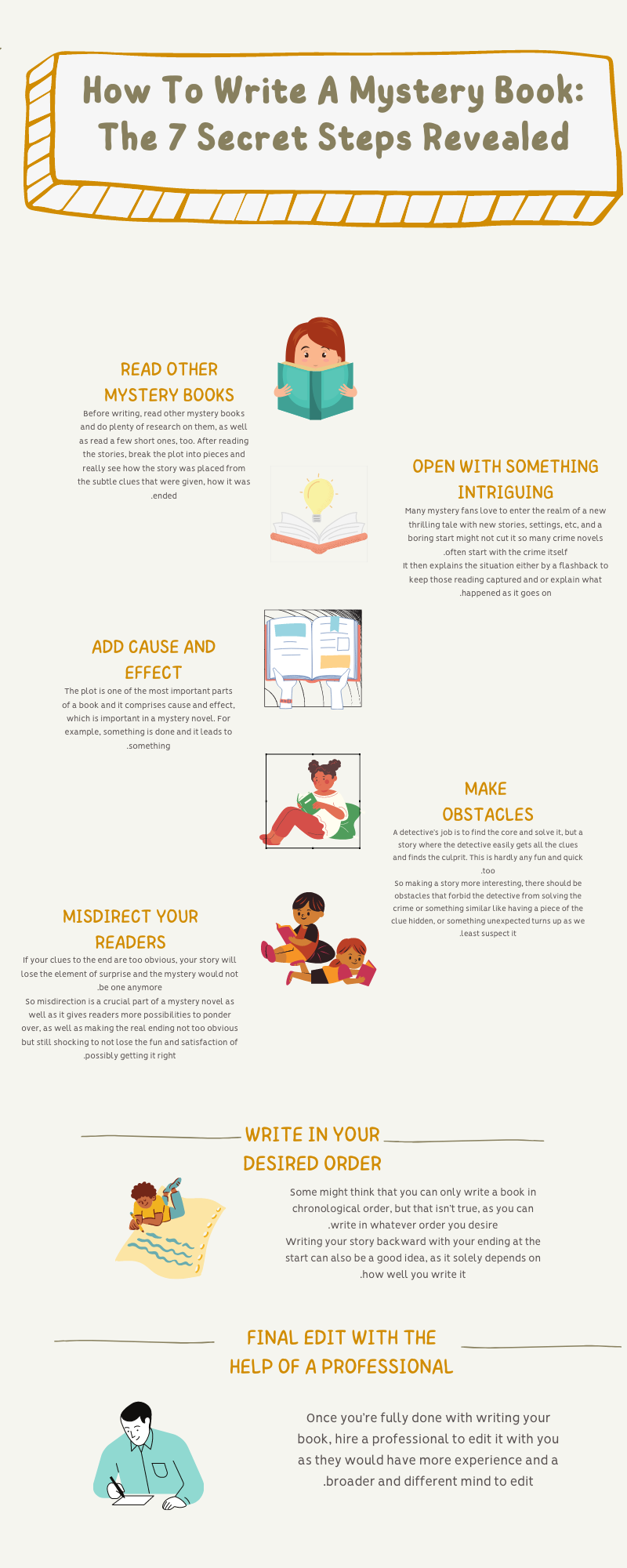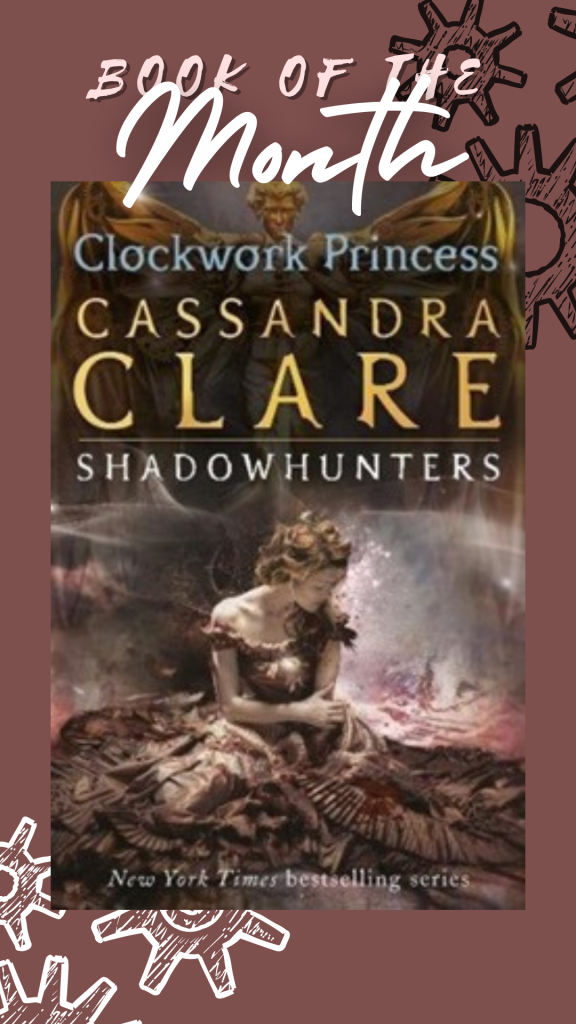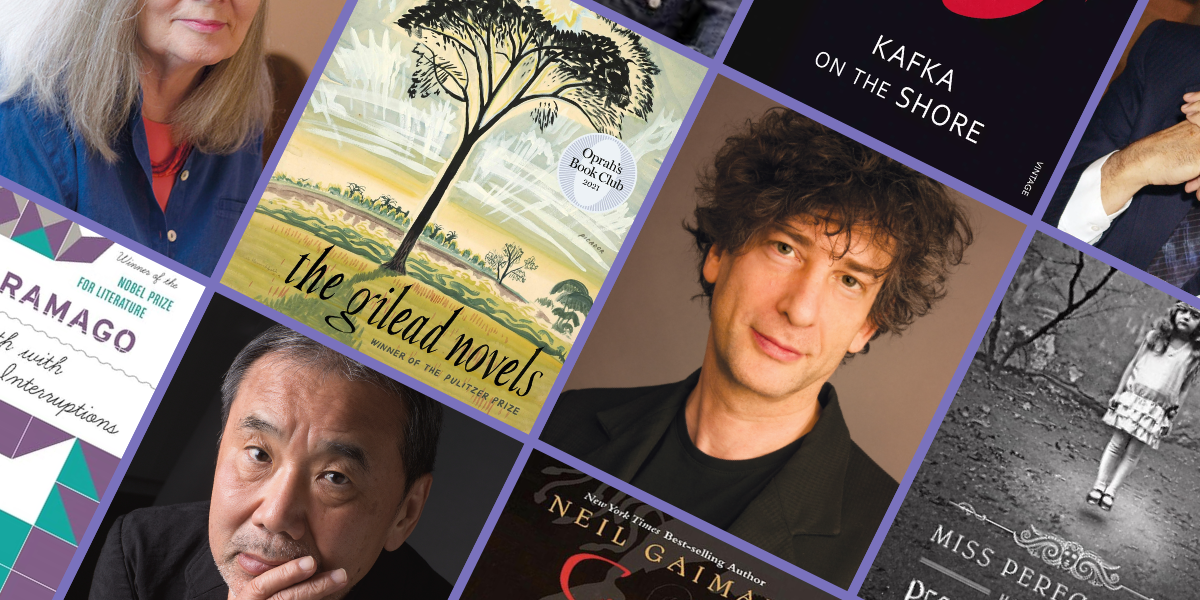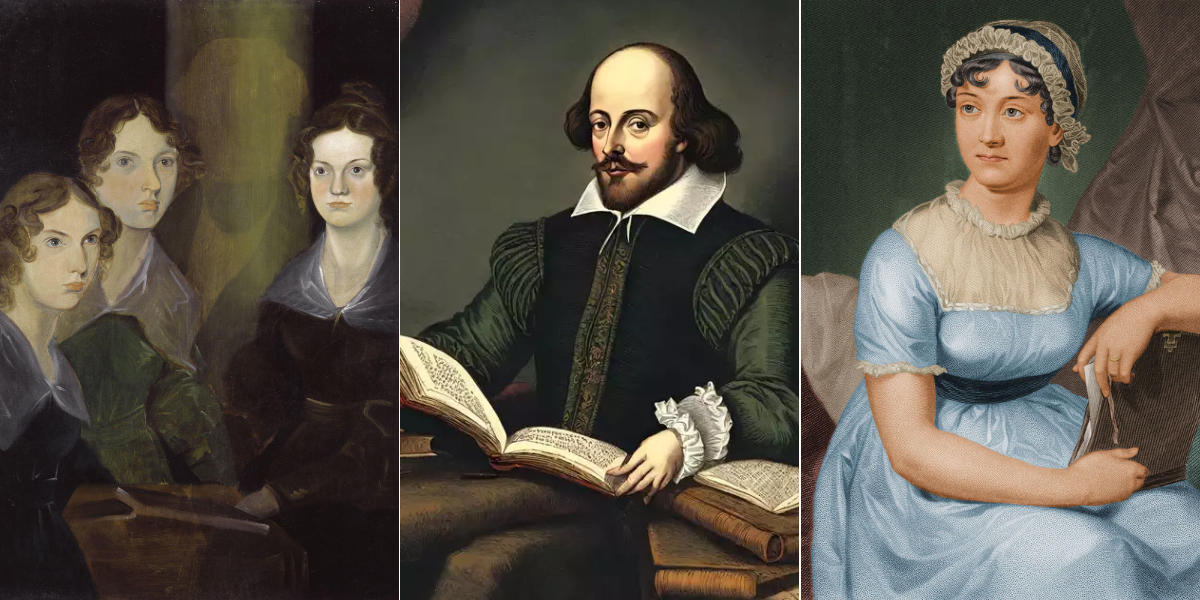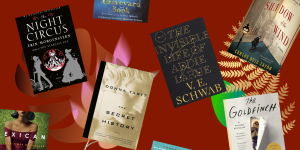Mystery fiction is a genre solely plot-driven, but that adds to the fun of it. Sometimes there is nothing better than reading a mystery novel in depressing times. But if you are here, I bet you are wondering about how to write a mystery book.
Even though some might get incredibly confusing, it’s immensely satisfying when one of your suspicions turns out to be true.
Although reading Mysteries is a whole ride on its own, so is writing one.
Many people have a try at writing one but most don’t know how to and it comes out too clichéd, but if you really put your mind to it, you can do it.
Here are 7 secret steps revealed on how to write a mystery book.
- Read other mystery books
- Open with something intriguing
- Add cause and effect
- Make obstacles
- Misdirect your readers
- Write in your desired order
- Final edit, with the help of a professional
Step 1: Read other mystery books

Before writing, read other mystery books and do plenty of research on them, as well as read a few short ones, too. After reading the stories, break the plot into pieces and really see how the story was placed from the subtle clues that were given, how it was ended.
By reading more on your genre, you can really see how the books are normally written. This way, you can also decide if you want to go the same way or take the risk of trying something different.
Step 2: Open with something intriguing
Many mystery fans love to enter the realm of a new thrilling tale with new stories, settings, etc, and a boring start might not cut it so many crime novels often start with the crime itself.
It then explains the situation either by a flashback to keep those reading captured and or explain what happened as it goes on.
If the story is interesting from the start, it will get the readers more into it and excited for the end.
Step 3: Add cause and effect
The plot is one of the most important parts of a book and it comprises cause and effect, which is important in a mystery novel. For example, something is done and it leads to something.
Cause and effect is a key player in an enthralling mystery as it all is put into perspective as the book ends and suddenly details the may have seemed unnecessary were there for a reason after all.
Little things could be hints for something larger later on or actions that would have grave consequences, and that is a plot.
Also Read: 7 Simple Ways To Write Your First Book: A Quick Guide To Get Started
Step 4: Make obstacles
A detective’s job is to find the core and solve it, but a story where the detective easily gets all the clues and finds the culprit. This is hardly any fun and quick too.
So making a story more interesting, there should be obstacles that forbid the detective from solving the crime or something similar like having a piece of the clue hidden, or something unexpected turns up as we least suspect it.
Obstacles in one’s path, or as the writer, delaying creates a sense of suspense and it also makes up an incredibly wonderful story.
Step 5: Misdirect your readers.
If your clues to the end are too obvious, your story will lose the element of surprise and the mystery would not be one anymore.
So misdirection is a crucial part of a mystery novel as well as it gives readers more possibilities to ponder over, as well as making the real ending not too obvious but still shocking to not lose the fun and satisfaction of possibly getting it right.
Step 6: Write in your desired order.
Some might think that you can only write a book in chronological order, but that isn’t true, as you can write in whatever order you desire.
Writing your story backward with your ending at the start can also be a good idea, as it solely depends on how well you write it.
You should take the order on how your instincts tell you. As it’s your story, you can decide if you want many point of view, and or different time stamps, showing different thoughts of the characters as well.
Step 7: Final edit with the help of a professional
Once you’re fully done with writing your book, hire a professional to edit it with you as they would have more experience and a broader and different mind to edit.
Once your book is, in a professional mind, ready. You should start publishing it and wait for the results of your book. But as the world can be unpredictable, prepare for the worst and think about writing another book.
